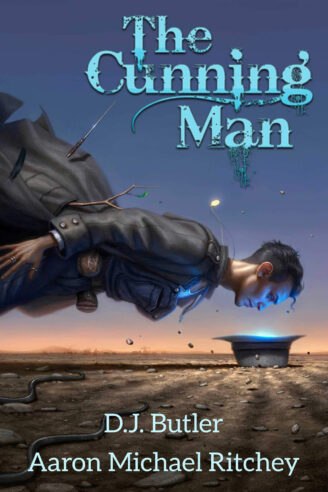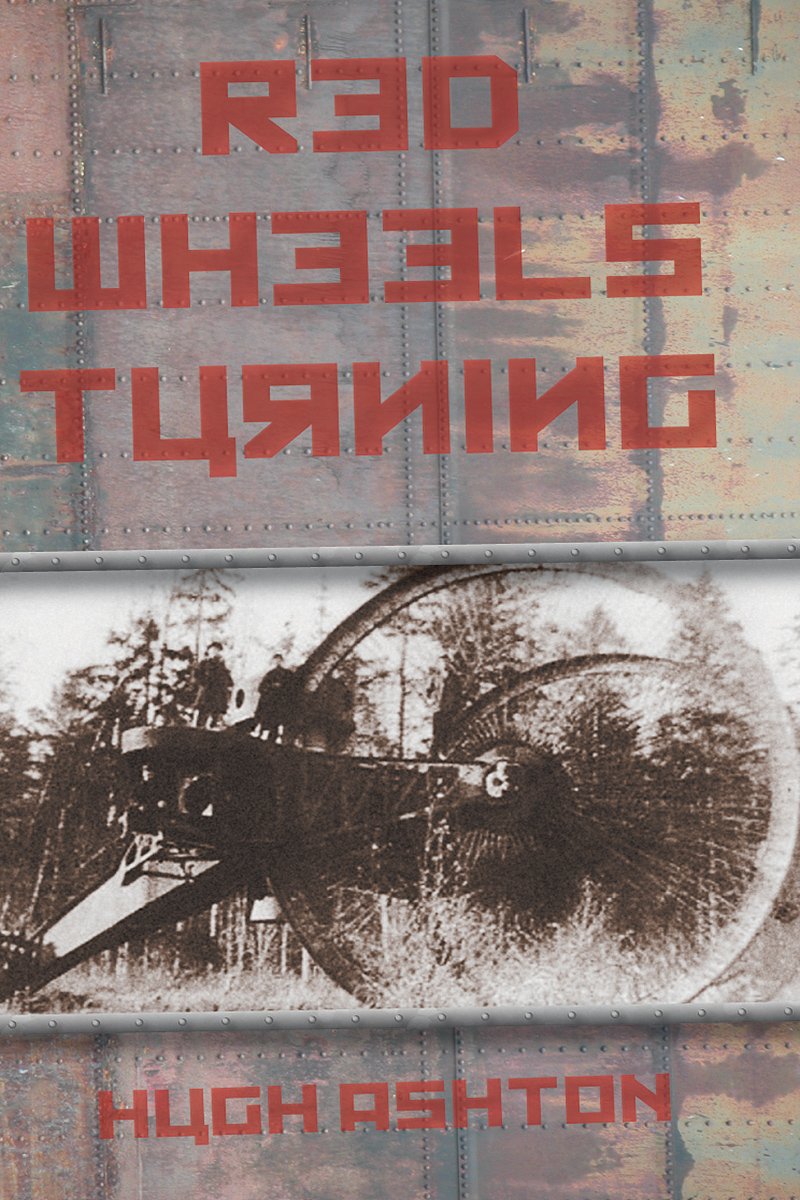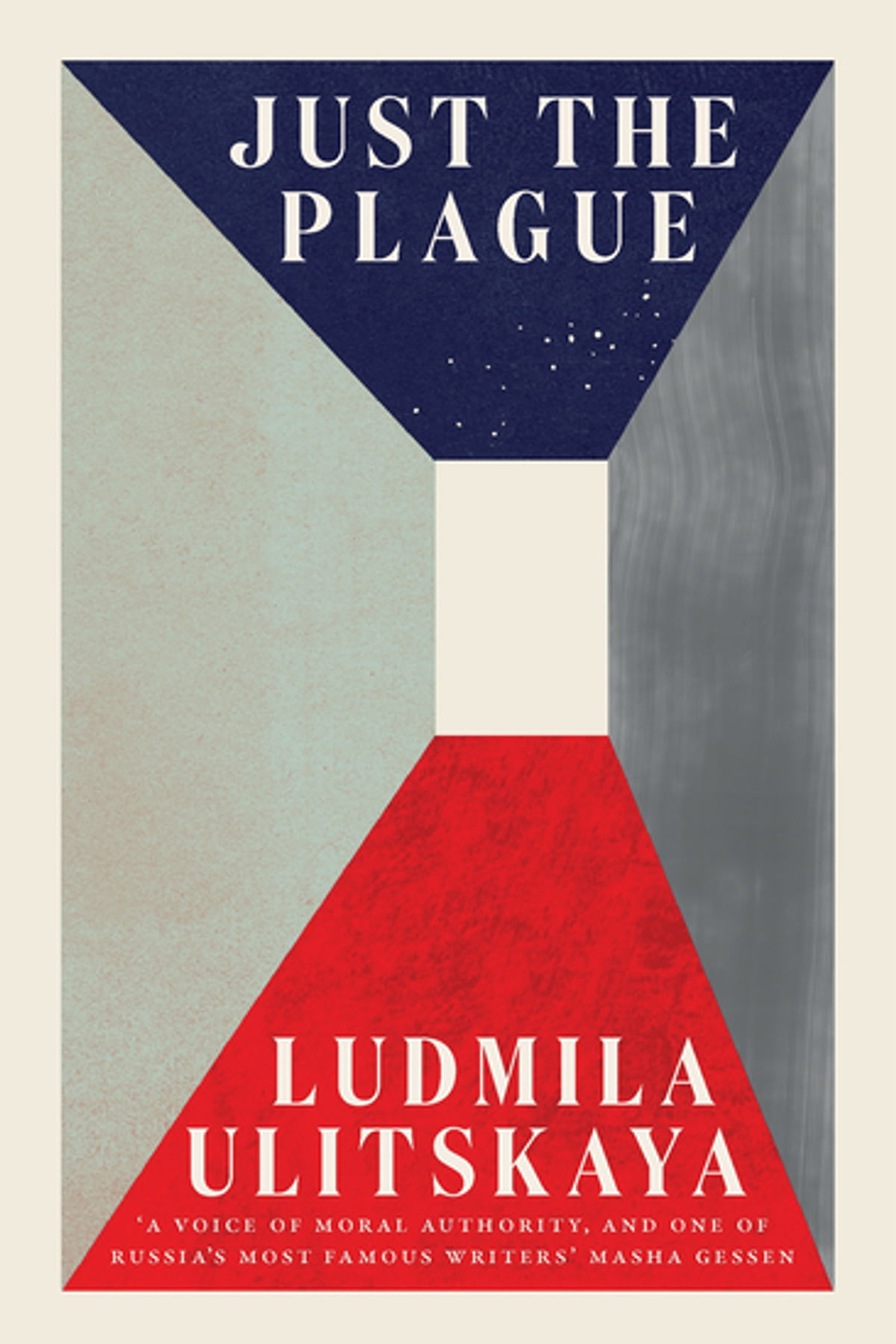It’s often overlooked in speculative fiction that “urban fantasy” refers to an urbanized society rather than a strictly urban area. It is, in fact, quite possible for a novel in this genre to exist in a less dense location, like the expanses of the American West.
That is what D.J. Butler and Aaron Michael Ritchey have done in The Cunning Man, published by Baen Books in 2019.
The stock market has imploded. The economy has crashed. It is the dark depths of the Great Depression in Utah, and miners and mine owners are locked in deep struggle, the former to survive as people, the latter to wring more dollars out of the former.
Into this volatile situation come two people, father and son, with a sincere desire to help, an earnest faith in God as they understand Him, and well-honed abilities in the workings of a wide variety of folk magic.
Hiram Wooley is your protagonist, the titular “cunning man.” He arrives in his battered automobile with his son Michael on the behalf of the Presiding Bishopric of the Church of Jesus Christ of Latter-Day Saints. I know that Butler is of that faith; I cannot find any concrete information regarding the religious beliefs of Ritchey, but in any case the Church permeates the novel, with a number of magical acts drawing directly from its folklore and culture.
Faith is depicted as having a strong positive influence on Hiram and Michael, but the book is not a vehicle for LDS prosytelization. (The Church now frowns upon using “Mormon” as an adjective.) As someone who is thoroughly irreligious, I enjoyed it immensely. Hiram is a likable character, wholesome in his outlook and his faith in people, but weary after all he has seen and done. He is a veteran of the trenches of the Western Front. Much of his journey is him parenting, and learning to parent, Michael, a child with whom he has a complex and deep relationship. The interplay between these two characters is the highlight of the novel.
Despite the popular perception of the LDS faith as being conservative, there is a strain of skepticism towards big business in the novel. (There is a history of communalism within the Church.) The villain is indisputably the mine owner who has crossed Hiram, and he is willing to play with dangerous forces to keep his workers in line. This is a narrative that could be read with great sympathy by those on the political left, even if the religious element may suggest otherwise.
The Cunning Man is a thoroughly original, thoroughly enjoyable book that does something new and different with the urban-fantasy genre. It makes me want to read much more of the authors, and fortunately it does have a sequel!






2 Comments
Add YoursReminds me of James Van Pelt’s short story “The Invisible Empire.”
In case you’re curious, Aaron grew up Catholic but I think no longer considered himself religious.